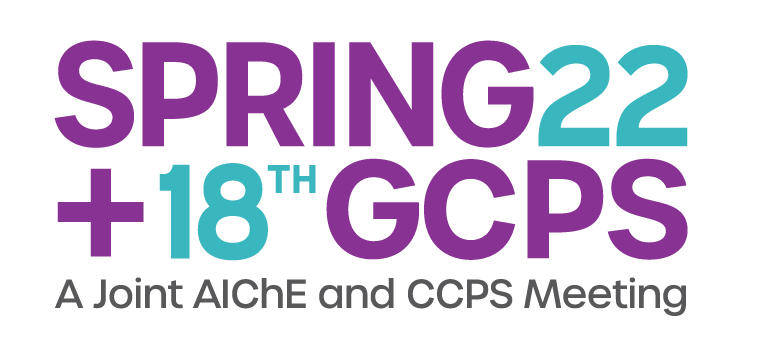

The circular economy and the bioeconomy continue to grow. Both have the goal of reducing the dependence on virgin, fossil resources and of reducing GHG emissions. Legal framework requirements like climate neutrality targets, recycling quotas, plastic taxes as well as consumer preferences, company commitments and stakeholder pressure are further driving the circular economy and bioeconomy, in North America, Europe as well as in other regions of the world. Along the complex supply chains, chain of custody concepts like mass balancing ensure the credible connection of sustainability information and the respective materials and products. Compliance with these concepts and its verification is crucial to ensure credibility for companies being involved. The International Sustainability and Carbon Certification (ISCC) scheme is increasingly being used by more than 5,000 system users worldwide and across entire supply chains from point of origin of the initial raw material via the petrochemical and chemical industry to converters and brandowners.
ISCC operates different schemes. ISCC EU is recognized by the European Commission as a voluntary certification scheme for the European biofuels market. ISCC CORSIA is recognized by ICAO (International Civil Aviation Organization) being a specialized agency by the United Nations for the aviation sector for the certification of sustainable aviation fuels. ISCC PLUS is a voluntary certification scheme for the circular economy and the bioeconomy being used by many companies in the chemical and downstream industry all the way to final producers.
Ethylene producers worldwide are already using ISCC PLUS certification. ISCC builds up credibility and acceptance for both, B2B partners and consumers and can potentially be used for reporting under regulatory frameworks or voluntary initiatives. The presentation will provide an overview on ISCC and ISCC PLUS, its sustainability and traceability requirements, ways to get certified under ISCC and benefits for ISCC certified companies.
